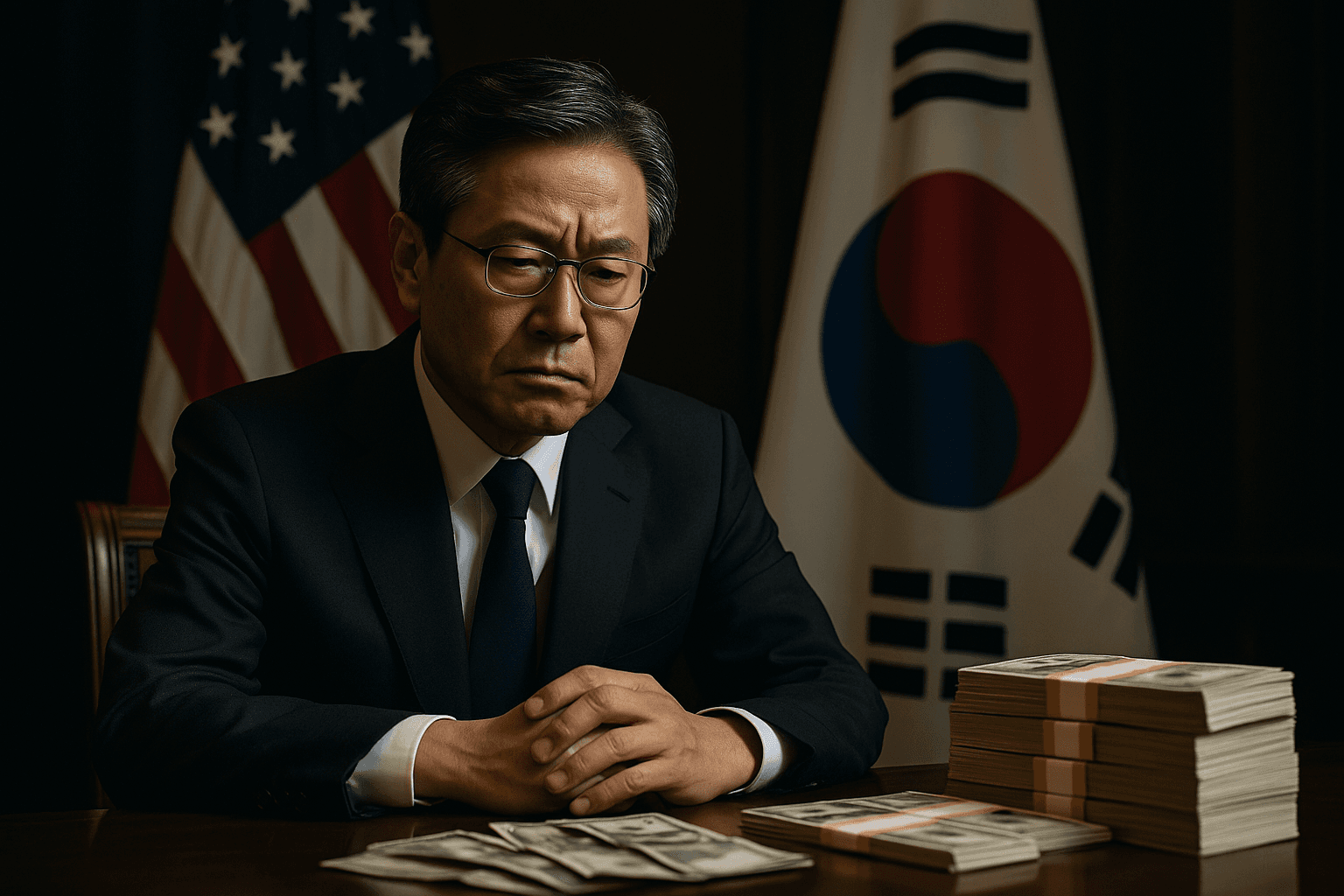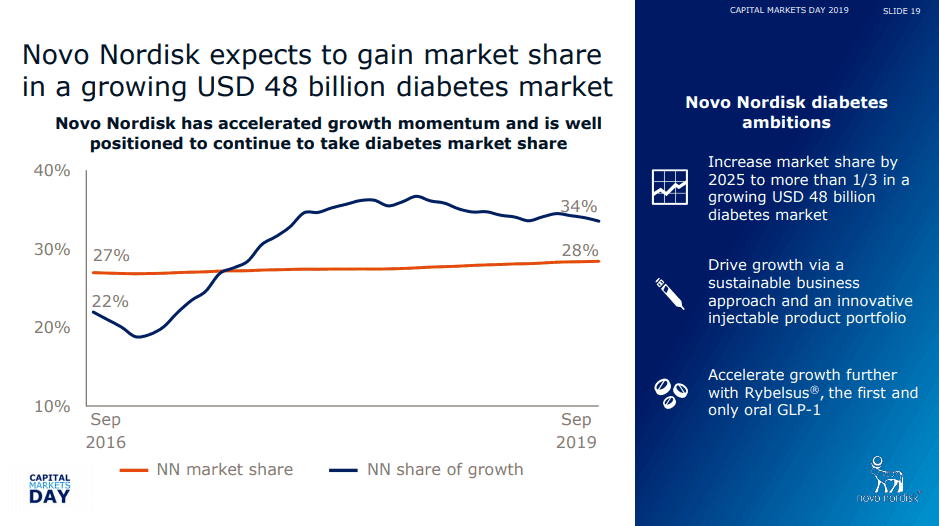South Korea to Push Bill Unlocking $350 Billion U.S. Investment
South Korea’s ruling Democratic Party said it will introduce legislation this week to structure a $350 billion package of South Korean investments in strategic U.S. sectors tied to a tariff rollback with Washington. The move could trigger a retroactive cut in U.S. import duties from 25 percent to 15 percent, a change that would reshape trade incentives and accelerate large cross border capital flows.

Seoul’s ruling Democratic Party announced on November 25 that it will file a bill this week designed to operationalize a previously agreed bilateral pact that ties a $350 billion investment commitment into the United States to a rollback of U.S. tariffs on certain South Korean goods. Under the mid November agreement, U.S. duties would be reduced from 25 percent to 15 percent, and the tariff rollback would be applied retroactively to the month in which Seoul’s parliament introduces the structuring legislation.
The proposed law is intended to unlock investment commitments and to translate the headline figure into enforceable terms and timelines. Lawmakers said further details would be released as the bill is filed, leaving open questions about the schedule for capital deployment, the specific U.S. sectors targeted and mechanisms for monitoring compliance. The size of the package, at $350 billion, represents a material reallocation of South Korean corporate capital toward U.S. strategic industries and an important signal of deeper economic alignment between the two allies.
Economically the tariff cut amounts to a 10 percentage point reduction, or a 40 percent decline in the statutory rate, improving price competitiveness for affected South Korean exporters on U.S. markets. The retroactive provision creates a strong incentive to introduce the bill promptly, since the effective date for reduced duties moves back to the month of introduction. For exporters and traders that could mean immediate adjustments to cost calculations and potential duty remission claims depending on implementing rules in Washington.
Market and policy implications are significant. For South Korean firms, committing capital at scale to U.S. facilities and supply chains may secure market access and reduce political risk, but it will redirect investment that might otherwise have remained in East Asia. For the United States, the deal trades tariff relief and improved supply chain integration for large inbound capital, likely directed at semiconductors, advanced manufacturing and other sensitive technologies though the precise sectoral breakdown has not been disclosed. Politically the pact underscores a broader shift in global trade practice toward reciprocal arrangements that combine market access with strategic investment cooperation.

The pact also fits into a wider trend of industrial policy and de risked globalization where governments and corporations negotiate package deals to secure supply chains and technology transfer while managing geopolitical competition. For Seoul, the bill will require navigating domestic politics where critics may view tariff concessions as costly, while proponents will emphasize the benefits of moving high value investment into the United States and anchoring strategic partnerships with Washington.
Implementation now hinges on the parliamentary timetable and the legal details that the Democratic Party will publish with the bill. If the legislation is introduced this week as announced, the immediate economic effects will depend on how quickly implementing regulations are agreed in both capitals and on the specific monitoring and enforcement provisions that will govern the $350 billion commitment.


